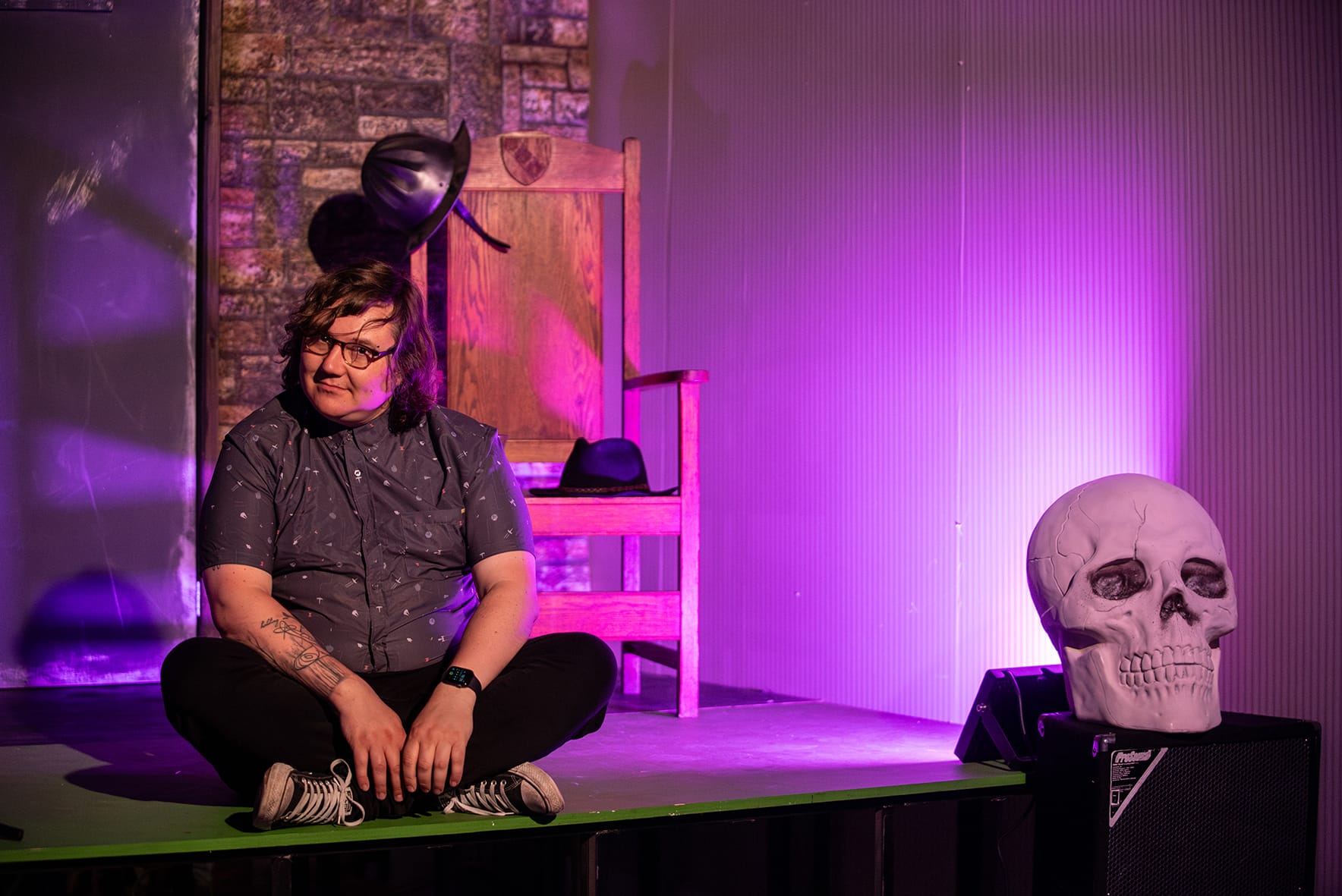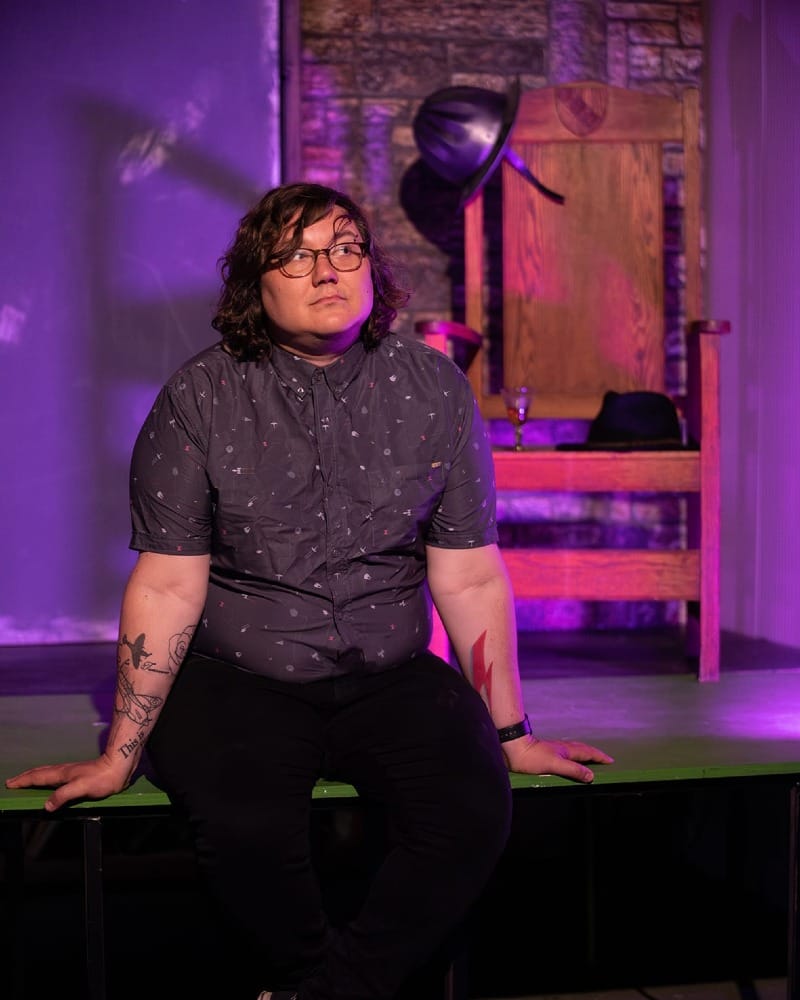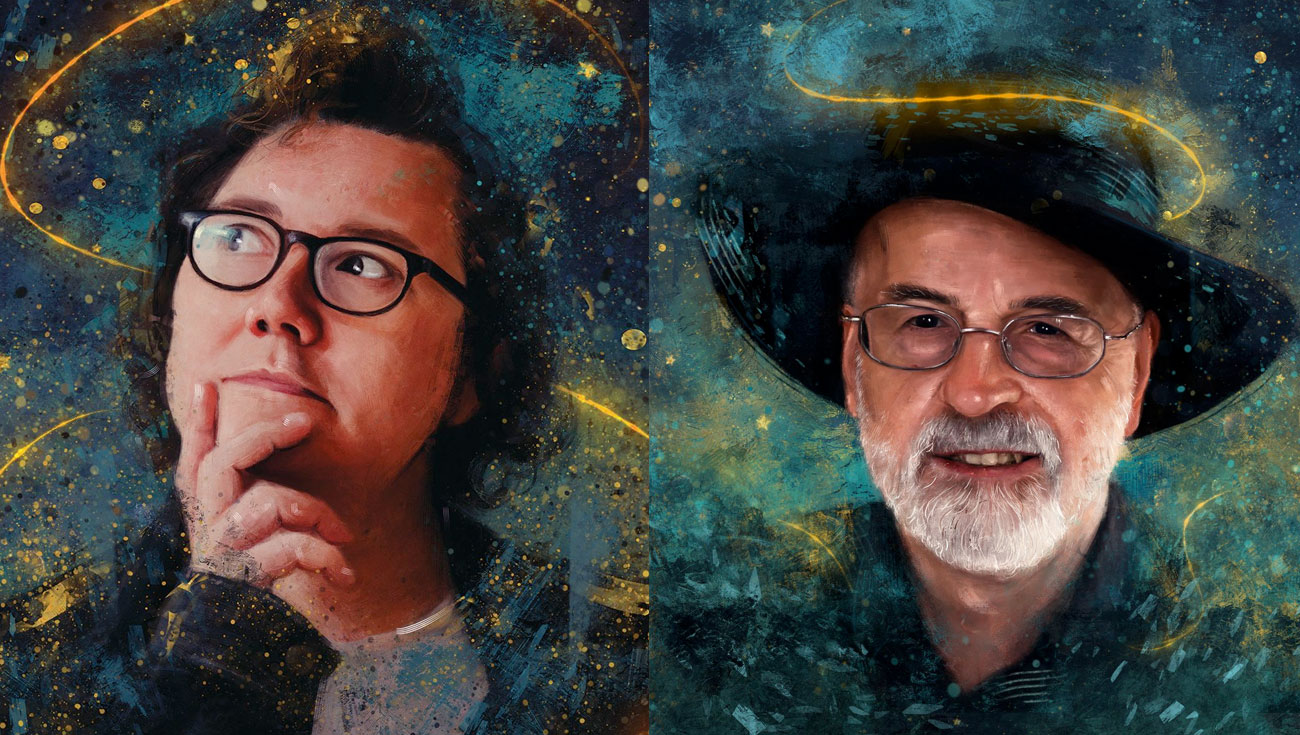By Reuben Kerbes, Features Subeditor
Marc Burrows, author of the first biography of Sir Terry Pratchett - The Magic of Terry Pratchett, and has adapted this into a stand-up comedy show to celebrate the 40th anniversary of Discworld. This show presents Pratchett’s life, his career and his battle with Alzheimer’s. Marc’s show is coming to Bristol's Redgrave Theatre on 19th September, and Epigram was offered an exclusive interview prior to the show, and couldn’t possibly turn it down!
What inspired you to turn the book into a show?
'I always intended to turn the book into a show, just because I’m a stand-up and it's what I do. I've always had an eye on what my next show is going to be, and it seemed for the same reason that writing the book felt like a no-brainer. It was a great story and I knew there was an inbuilt audience that would show up for it, which when you're doing this sort of thing is incredibly difficult to guarantee and also because I think Terry's story works really well in the context of a comedy show. I knew I'd be able to do what Terry did, which was essentially write something that was ostensibly about one thing but really was about something else. In the same way that his book Truckers (1989) is ostensibly about little Gnomes that live in a department store and learn to drive a lorry, but it’s about how religion constricts people and stops people from fulfilling their own potential. It's ostensibly about Terry Pratchett, but it's a show about the kind of enduring power of storytelling and the way we use storytelling to define our place in the universe.
In terms of things that were difficult about adapting the first version of it, I tried to tell the story that I told in the book, and there just isn’t time like that, so I had to go back and change the structure completely.
It’s not a talk, or a reading, it's arguably a lecture, but to me it’s a show, it’s a stand-up show'.

Now that you’re nearing the end of your tour, what’s next for you?
'I’ve got a book about Nirvana that comes out in a few months, and a few other non-fiction books I’m contracted to write. In terms of what’s next in performing, I’ve got a bunch of stand-up show ideas. I want to do something about 90s music and Brit-pop, and this might feel like a good year to do that, if Oasis can do Edinburgh Fringe, so can I! But there’s more of Magic of Terry Pratchett to come, it won’t be a big chunk of touring across the country but there are going to be some isolated shows, like a couple of the comedy festivals in Australia and a few dates here and there in the US'.
When it comes to your band and your music, Bristol has a clear influence, would you say it has influenced your book and show as well?
'I wrote the book when I lived in London, although Bristol was a big part of Terry’s life - he lived just outside of Bristol in the Mendip Hills, he worked here and in Bath, and this countryside that surrounded him was the countryside that inspired the Witches books. So it was difficult not to fall under the spell of the area when writing the book. There’s a great article he wrote for Christmas in the early 1970s where he attempted to buy gold, frankincense, and myrrh in Bristol City Centre. He very much considered himself a countryside person and he associated himself with the Southwest, so it was difficult for that to not seep into what I was doing.
I love living in Bristol, you can step into the artiness and the vibe of the city, but then you can also step out of it and go on living your life quietly. And I'm 43 now, I have a family, and this is the nice place to be'.

When you studied Sociology at Loughborough University, was there anything in particular that really shaped your career as a journalist and as an author?
'Completely, I didn’t just do sociology, I was the editor of the Loughborough University student magazine. I dedicated myself to doing student media instead of doing my degree, it was one of the reasons why I went to Loughborough, it had a weekly student magazine, and almost nowhere has weekly magazines, I knew that I’d get to write a lot. About two weeks in I went to the student magazine office and I didn’t leave for the next three years, and that became the defining feature of my time at University. Because I wrote so much, I got good really fast, by the end of the year, I had got to an acceptable journalist standard. I learned editing software and how you put a page together, how to do reviews, and interviews. So much of my career came out of that rather than coming out of my degree.
That said, so much of how I view the world comes from studying sociology, it gives you a critical mindset where you don’t accept things as a given, you step back and say “Why is this happening? Why does society move in these ways?” It’s an instinct that once you get, you never let go of. Having a sociological imagination has really impacted the way I view the world and as a stand-up, an author, and a journalist that’s always been invaluable because it gives you a different perspective. Plus, I can talk about Karl Marx and know what I’m talking about!'
What would be your advice now for students and post-graduates who are looking to get into journalism?
'Write as much as you can for whoever you can, just write. That’s the most important thing you can do, just keep your hand in. I didn’t do a journalism degree, I don’t have a journalism qualification, I got a job at the Guardian as a community moderator; from there was able to pitch features and articles, once you’ve got a few Guardian pieces under your belt then you can go to other people and that creates a critical mass. The important thing is to have a
portfolio of work. Don’t be too proud to write for websites that don’t have huge followings because having that portfolio of work is useful. Everything you write begets the next thing you write. Find an excuse to knock out 500 words a day on whatever, something, just gather a body of work, if that is good, then it will lead to other places'.
Images courtesy of Kim Burrows and I Was There Photography
Marc’s show is playing at the Redgrave Theatre in Bristol on 19th September, purchase tickets and find out more here.








